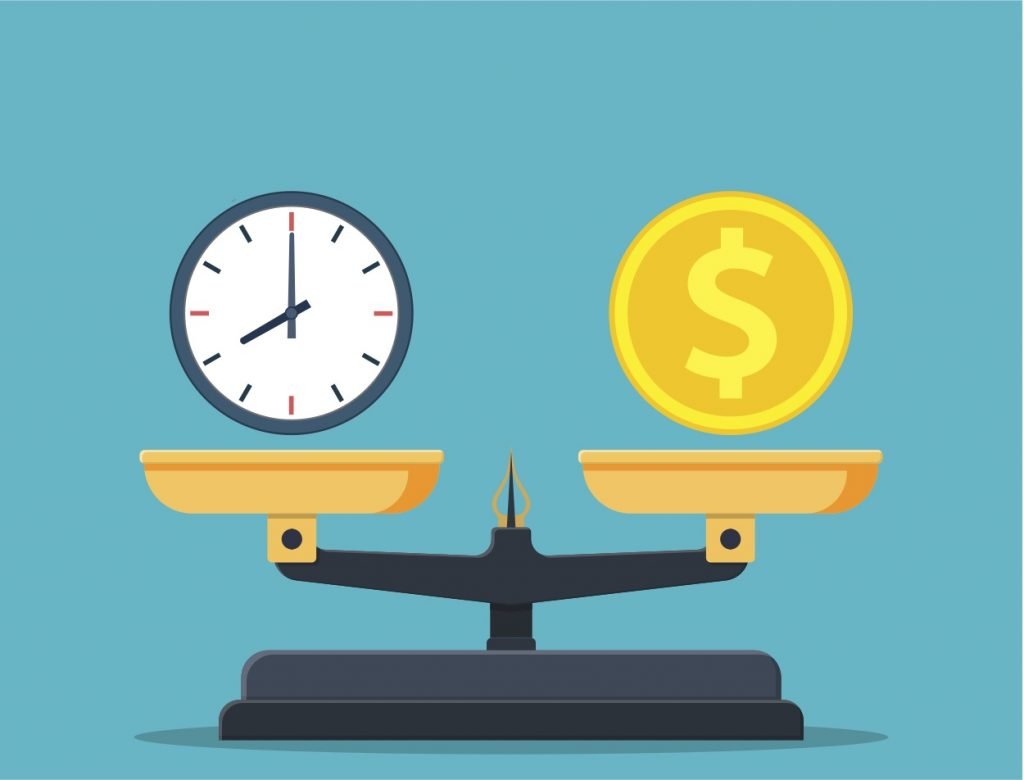Key Takeaways
- The first years of freelancing can be challenging and rewarding
- Most freelancers have similar experiences and it’s helpful to know others have been on the same path and succeeded
- Here’s what to expect at the beginning of your freelancing career
Working for yourself as a communications freelancer is exciting, challenging, fun, and scary all at the same time. Those feelings will ebb and flow, especially during the first few weeks and months of starting your business. Here are 12 things that are likely to happen.
1. You'll look at full-time job postings
You might even go on an interview or two. Ultimately, if you’re serious about building a solid and lucrative freelance business, you’ll remember exactly why you left the traditional office environment. Then you’ll view job postings as inspiration to hunker down and build your business.
2. You'll consider alternative part-time jobs
You’ll consider part-time jobs that aren’t always related to communications to supplement your income while you grow your client roster. You might take on an adjunct role at a local college or help market a friend’s business. In the early days, there’s something to be said about getting a guaranteed paycheck. Just be sure you don’t lose sight of your primary goal of building your own successful business.
3. You won't always know how you spent the day
The days will fly by but you can’t always explain why. When you’re in the B.C. (before clients) era, you’ll be consumed with lots of little and big activities to start your business. These include creating your website, looking for clients, networking, and updating your LinkedIn profile, etc. Twelve hours can go by in what seems like a few minutes.

4. You'll be asked for favors during the day
Some well-intentioned friends and family will ask you for favors during the day because they assume you have oodles of time available. To avoid this situation, set standard work hours each day or you’ll end up without clients or working late into the night to meet deadlines.
5. You'll be asked about your job search
Former colleagues will ask how your job search is going. If you’re committed to building a small business, know that it’s a viable long-term career path. When they ask how long before you get a “real job,” smile and tell them how well your business is going.

6. You'll assume coffee shops are productive workspaces
You’ll kid yourself that you can be just as productive in a coffee shop as you are in a quiet place. In talking to other freelancers, the consensus is that when you’re surrounded by the noise of a coffee shop, projects take twice as long to complete. The desire to work in a coffee shop might really just be an urge to change up your work space for the day. Recognize that you might be running low on human interactions. If that’s the case, make plans for lunch with a friend or potential client, or bring your laptop to the library or another quiet space.
7. You'll learn about the paycheck to paycheck myth
Some will assume you’re living paycheck to paycheck, not realizing that you could be earning as much, if not more than if you were working for someone else.
8. You'll take smaller clients and retainers
You will take smaller clients and budgets and it will be okay. You can learn a lot about starting and running your own business by working with smaller clients. Embrace it as part of the learning process until you’ve got a full roster of retainer clients.
9. You'll price some proposals too high and others to low
You’ll price some proposals too high and lose. You’ll price others too low and win, which will cut into your profitability. It won’t be long before you quickly figure it all out. One way to shorten the learning curve and get to profitability faster is to track how long projects take and map it against the original scope. Over time, you’ll get to know how long projects really take from start to finish.
10. You'll sharpen your business acumen
This happens when you’re responsible for every facet of a business and when you network with other freelancers, marketers, and entrepreneurs. This is one of the best perks of freelancing because it makes you a stronger strategist and counselor.

11. You'll question your choice
You’ll still question whether you’re doing the right thing. Expect this feeling to come in waves, usually around slower work cycles such as summer, the holidays and the end of a contract. You’ll get used to it and eventually embrace the down times.
12. You'll be consistently and pleasantly surprised
You’ll be consistently and pleasantly surprised by the messages in your inbox. You’ll hear from former colleagues, friends of theirs, and a host of others that are looking to hire you. You don’t always know when it will happen but it will. And it will be fun.
Having mixed feelings about freelancing is normal during the first year, and sometimes longer. Once you get used to the cycles of work and start seeing a steady flow of business, the highs and lows will even out. Soon you’ll be thinking that you might not ever see yourself going back to your previous employment arrangement. The longer you freelance, the longer you will freelance.



